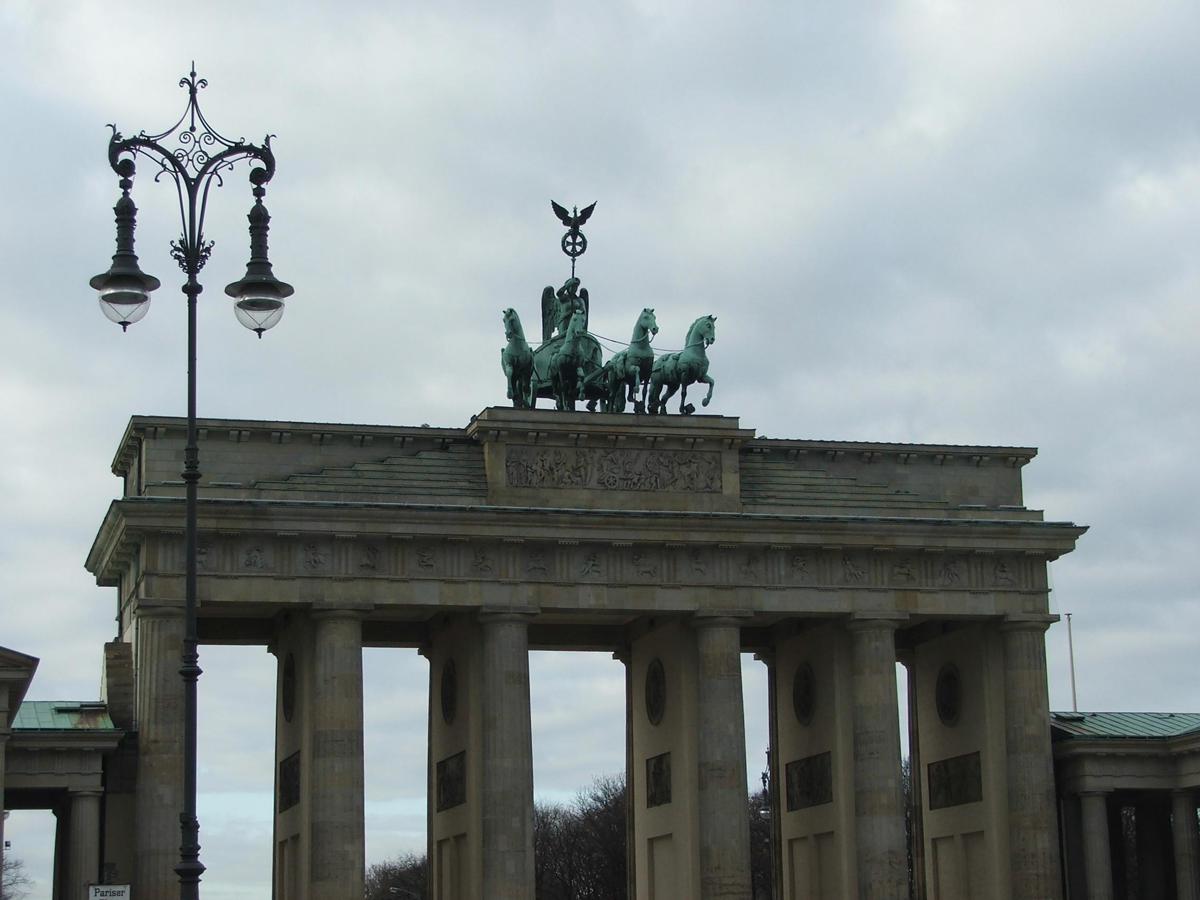(Adnkronos) – Italy wants to bolster collaboration with Western Balkans countries and continues to prioritise the region’s European integration, foreign minister Antonio Tajani said in a statement on Monday.
“The Western Balkans’ integration into the EU is a government priority,” Tajani said ahead of a summit on the so-called Berlin Process to accelerate Western Balkans countries’ EU entry, which he is attending.
“Italy’s commitment to strengthening cooperation with the Balkan partners is concrete and ongoing. Our goal is the ‘reunification’ of the Western Balkans with Europe,” Tajani said in the statement.
The ‘Berlin Process’ is an initiative by EU governments established in 2014 on the initiative of the then German Chancellor, Angela Merkel.
As this year’s G7 president, Italy is “at the forefront of efforts to relaunch a positive dynamic in the region”, Tajani said, recalling his visit to Montenegro and North Macedonia in September.
Tajani also chaired a meeting in New York during the United Nations General Assembly with Western Balkans’ ministers and the Group of ‘Friends of the Western Balkans’ countries, he noted.
“The Berlin Summit reaffirms the centrality of the Balkan partners’ integration with the EU in the new European institutional cycle,” Tajani said, referring to the European Parliament elected in June and the new European Commission and European Council.
“We must continue our action to achieve concrete results in fostering regional cooperation, in the economic sphere and in respect of political dialogue and partner countries’ reforms,” Tajani went on.
Italy is ready to play its part, especially in the development of strategic infrastructure and energy transition in the region, Tajani underlined, according to the statement.
Chaired by German’s Chancellor Olaf Scholz, the summit is being attended by the Western Balkans countries – Albania, Bosnia and Herzegovina, Kosovo, North Macedonia, Montenegro and Serbia, the statement said.
Austria, Croatia, France, Slovenia, Poland, Greece and Bulgaria, the United Kingdom and the European institutions, including the current Hungarian rotating EU Presidency, are also taking part in the summit.
The summit will kick off with a working session focused on regional cooperation and the Common Regional Market (CRM) followed by a session on the green agenda, connectivity and energy. An informal discussion with civil society representatives and young people from the region will take place after the working sessions.
A regional mobility accord for access to study will be signed at the summit and the new Action Plan for the CRM for the period 2025-2028 will be adopted, which aims to propel regional cooperation.




